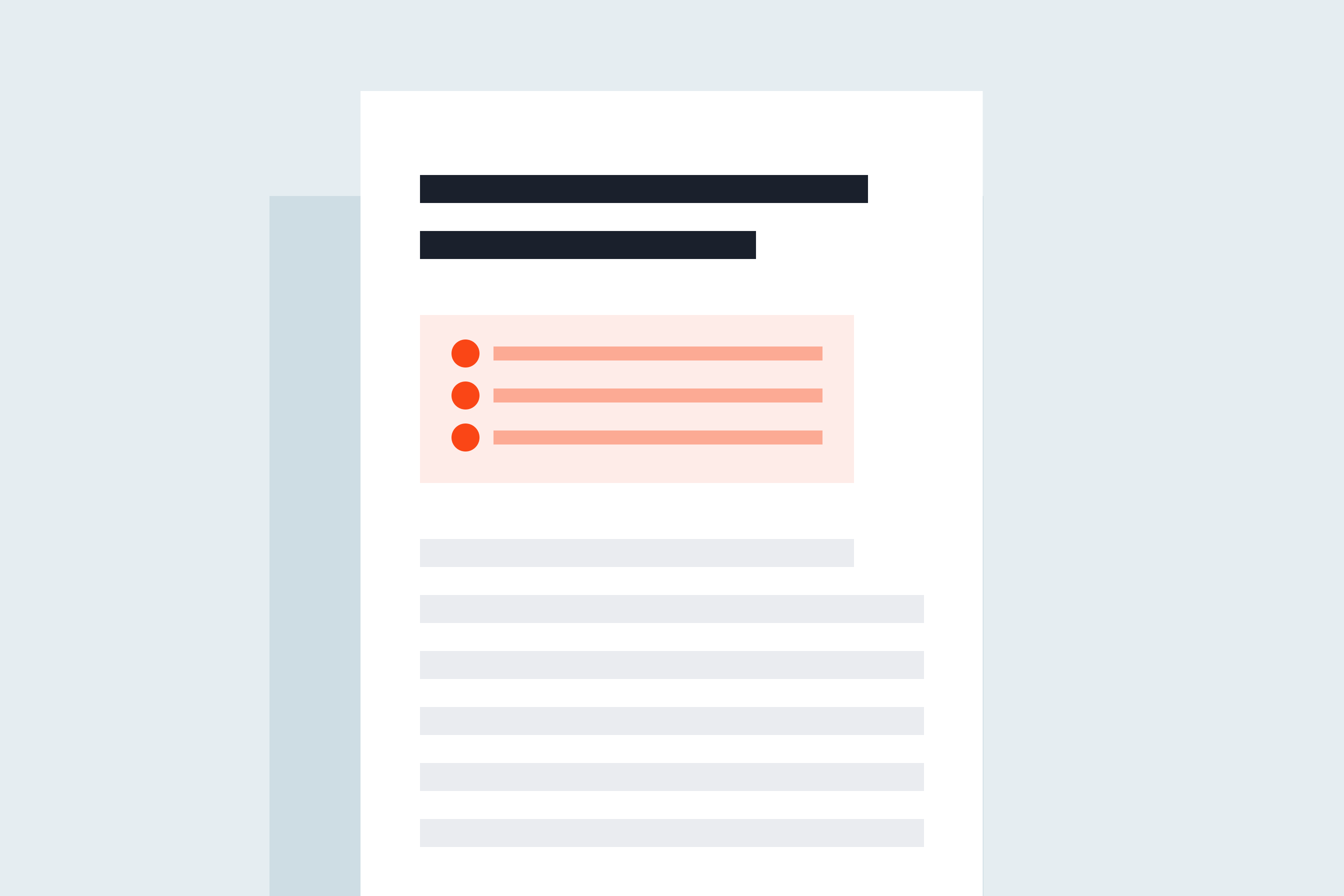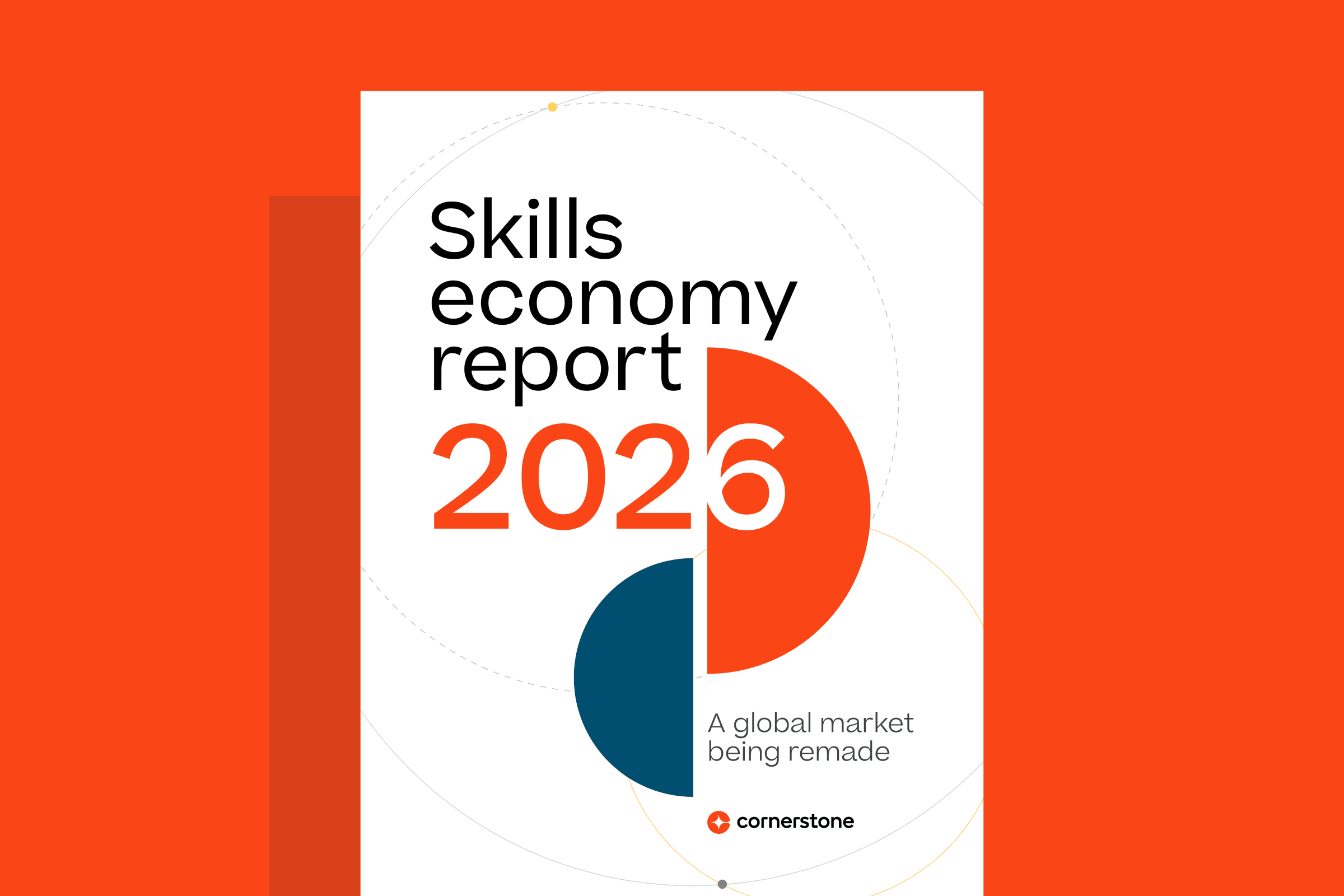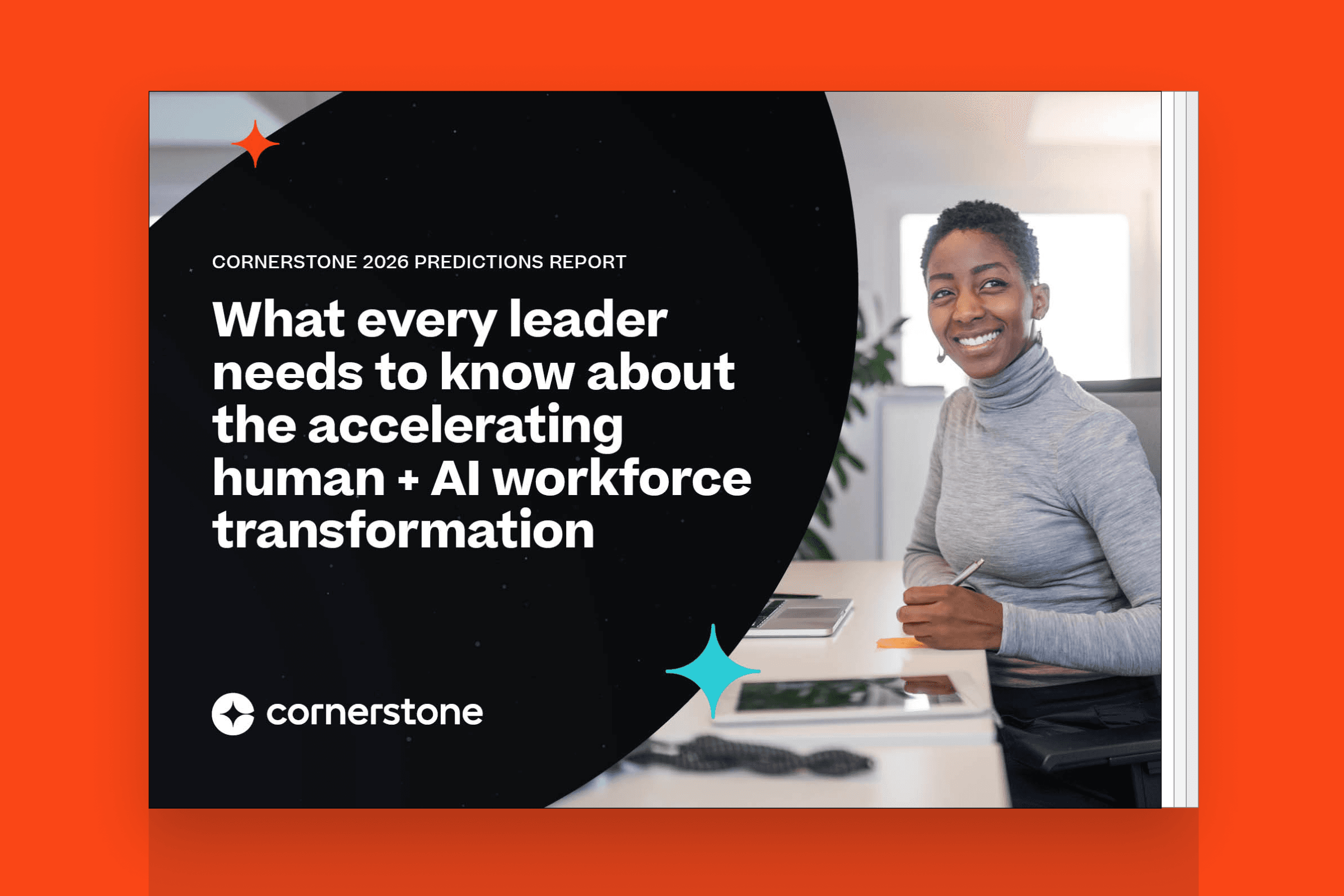When it comes to questions about benefits, payroll and health insurance, most employees defer to the HR department, and an increasing number of them are calling an 800 number for answers.
The outsourced HR industry has grown to an estimated $165 billion business. Companies are contracting Private Employer Organizations (PEOs) to create external, fully functioning HR departments.
While outsourcing lets companies offload work that isn’t critical to their core business, it can also impact training and career development programs. Finding the right balance between insourcing and outsourcing requires taking a close look at these important factors:
The Pros
As businesses grow, they face a slew of legal and compliance issues, which can be difficult to navigate. PEOs have expertise in specific areas like these and can determine how best to comply with different local, state and federal regulations.
Take health care, which became a whole new ball game for HR with the passage of the Affordable Care Act. Many small businesses don’t have the resources to spend on understanding how the legislation affects their staff, so deferring to a PEO can be a cost-efficient option. Many PEOs also absorb legal liabilities.
When it comes to benefits, PEOs are also appealing for small businesses because they pool together employees from clients. That means they’re able to leverage buying power and offer more plan options to each client.
The Cons
On the flip side, outsourcing HR through a PEO can present some challenges. "There is no third-party provider that can understand its company as well as a group of HR people in-house, living with management every day," says Jacque Vilet, president of global HR solutions provider Vilet International
Vilet says that in the long run outsourcing HR actually can sometimes be more expensive than keeping it in house, as managers lose sight of add-ons that come at additional costs.
When companies outsource, they still need to oversee the third parties who are handling their HR affairs. That often creates a knowledge deficit, turning those who once performed strategic HR work into vendor managers. Outsourcing also removes some of human connection built through employee relationships. When HR professionals work alongside the rest of a company’s employees, their interests can be more aligned.
Meet in the Middle
"Organizations need to make sure they are not giving away the candy store," veteran manager Paul Belliveau tells The Fiscal Times. "As a business, you need to identify the things that HR does to increase the value of the humans within the company and keep that in house. If you have employees with promise you have to develop them."
The solution for some companies lies in a combination of in-house and outsourced talent management. They keep learning and development in-house and outsource benefits and payroll work, for example. This allows them to nurture the human side of the business, while shifting some of the black-and-white questions off of their staff’s plate. It’s the eternal questions of which parts of HR service delivery are tactical table stakes versus strategic business-value drivers.
There's no one-size-fits all solution. "When you are determining whether or not to outsource, I wouldn’t focus on cost," Belliveau says. "It’s the increase in value that matters."


